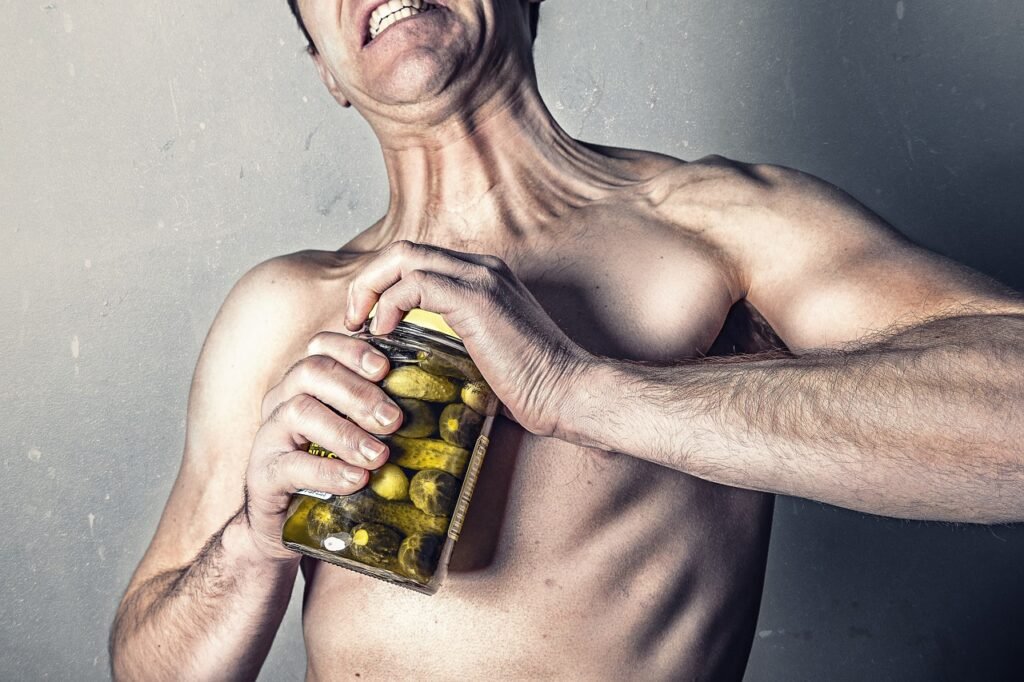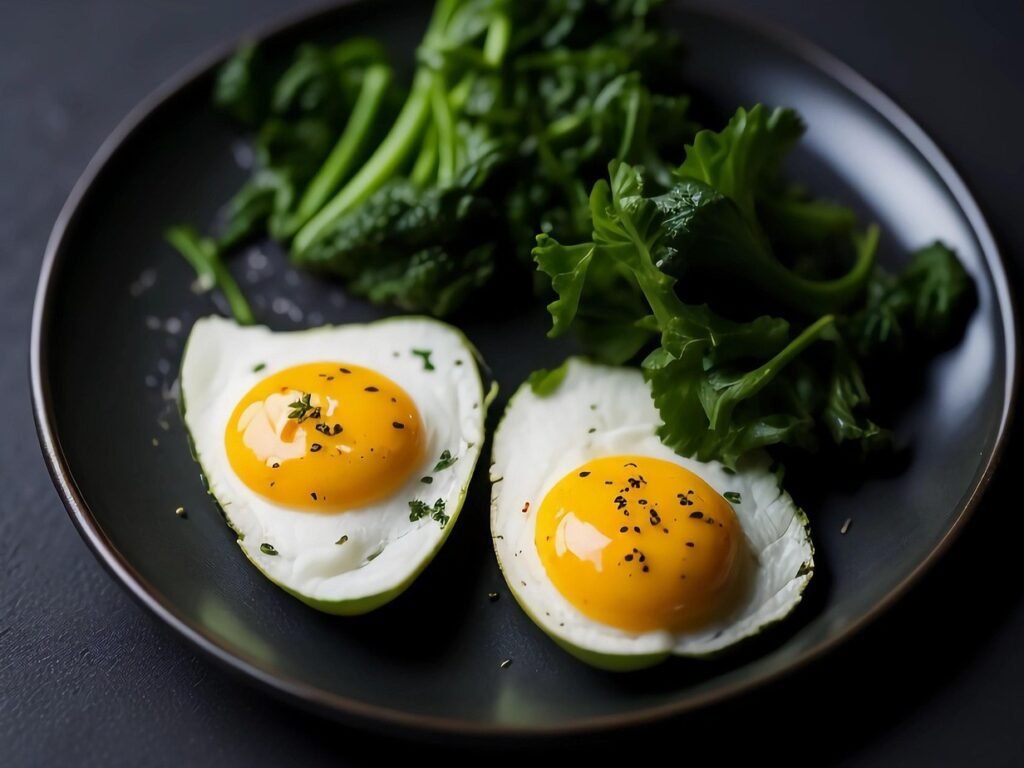Introduction
Let’s get real, you’re not here because of some shallow obsession with abs or alpha male memes. You’re here because you feel it. The dip in energy. The fog. The lack of drive. You sense something’s off, even if your blood tests say you’re “normal.”
I’ve been there. I didn’t want pills. I wanted to earn my energy back. So I went deep, experimenting with routines, food, mindset, and lifestyle until something clicked. What I learned was this: testosterone isn’t just a hormone. It’s a signal of how well you’re living.
And when you treat it right, everything improves: mood, metabolism, focus, relationships, body composition, and even how you carry yourself. This isn’t about being “manlier.” It’s about being you, but clearer, more grounded, and more alive.
Table of Contents
Why This Matters Now
Here’s the uncomfortable truth: testosterone levels have dropped by over 20% in the past 30 years. That means even if you’re “within range,” you might still be underperforming compared to what your biology was designed for.
This decline isn’t random. It’s the byproduct of modern living: too much processed food, too little sleep, blue light at midnight, endless dopamine hits from social media, sitting too long, and living too fast.
When your testosterone is low, you’re not just tired. You’re disconnected from your instinctive sense of drive. You wake up and drift through your day instead of charging through it. You might lose your edge, your ambition, or even your attraction to life. That’s why this matters.
The Hidden Causes of Low Testosterone Most Men Ignore
We tend to look for big culprits, age, bad luck, genetics, but more often, it’s death by a thousand cuts. Here are the sneaky ones you might be overlooking:
- Poor sleep hygiene: It’s not just about getting 7 hours. Deep, uninterrupted sleep is where testosterone is created. Late-night scrolling, inconsistent sleep/wake cycles, and stimulants all interfere with this.
- Endocrine disruptors: Found in receipts, plastic water bottles, candles, air fresheners, and even your shampoo. These synthetic chemicals confuse your hormone receptors.
- Overtraining (yes, it happens): Especially long-distance cardio. It taxes your recovery system and can spike cortisol chronically.
- Diet high in sugar and low in micronutrients: A doughnut might taste good, but it’s stealing your edge.
- Mental overstimulation: Doomscrolling, nonstop emails, and dopamine addiction exhaust your nervous system, and testosterone follows.
Awareness is step one. Elimination is step two.
The Lifestyle Blueprint to Boost Testosterone Naturally

This blueprint is simple, not easy. It’s not about hacks. It’s about habits. The kind of choices that stack up, day after day, to rebuild your hormonal engine.
Step 1: Reclaim Your Sleep Like a Warrior
There’s no badge of honour in sleeping less. Sleep is your testosterone factory. When you cut corners here, you’re turning off the very process that recharges your masculinity.
What changed for me: I used to brag about surviving on 5 hours. But once I dialled in my sleep cool room, consistent wind-down, magnesium before bed, I noticed deeper morning energy and mental sharpness within a week.
Try this tonight: Set your phone to aeroplane mode 60 minutes before bed. Take a hot shower, read something physical (no screens), and breathe deeply for 3 minutes before your head hits the pillow.
Step 2: Eat Like Testosterone Depends on It (Because It Does)

Forget the six-meals-a-day myth. Your hormones need stability, not snacks. You need fats. You need minerals. You need real food, not powders, not bars, not frozen boxes.
Quick testosterone-fueling grocery list:
- Pasture-raised eggs
- Grass-fed red meat
- Oysters (loaded with zinc)
- Brazil nuts (natural selenium)
- Olive oil
- Spinach and kale
And don’t forget to salt your food, real salt, not the bleached stuff.
Bonus: Eating like this won’t just increase your testosterone. It’ll reduce inflammation, stabilise mood, and improve insulin sensitivity. That means more energy and less brain fog.
Step 3: Train for Hormonal Dominance

The gym isn’t just a place to look better, it’s your hormonal reset button. Compound lifts like deadlifts and squats create an anabolic environment that pushes your T-levels upward.
Think intensity, not exhaustion. You don’t need two hours in the gym. You need 3-4 focused workouts per week, 30-45 minutes each. That’s it.
Sample training split:
- Monday: Squat + pull-ups + accessory work
- Wednesday: Deadlift + incline press + rows
- Friday: Overhead press + weighted dips + core
If you’re doing cardio, make it sprints or weighted carries, short, explosive, and efficient.
Step 4: Master Stress, Win the Hormone Game
Testosterone and cortisol are in a chemical tug-of-war. When one rises, the other falls. So, the goal isn’t to eliminate stress, it’s to manage and recover from it intentionally.
Start small: 10 minutes of tech-free walking. No phone. No podcast. Just your breath and your steps. This helps shift your nervous system from “fight or flight” into “rest and rebuild.”
You can also:
- Meditate (even if it’s just 4 minutes)
- Do slow, nasal breathing during your commute
- Write down what’s bothering you before bed
The goal is not to escape life. It’s to create space inside it.
Step 5: Detox Your Environment

This one surprised me the most. I didn’t realise how many products I was using daily that messed with my hormones. From colognes to deodorants to even canned tuna, toxins were everywhere.
My new rules:
- Store food in glass, not plastic
- Use baking soda or mineral deodorant
- Filter all water (yes, even shower water)
- Say no to receipts (they contain BPA)
- Use essential oil diffusers instead of synthetic sprays
It’s not about paranoia. It’s about reducing daily exposure so your body can focus on rebuilding.
Tools & Resources to Support You
- The T-Tracker App: Helps track sleep, mood, weight, and morning energy
- Books: “The Testosterone Optimisation Therapy Bible” by Jay Campbell, “Estrogeneration” by Dr. Anthony Jay
- Supplements (optional): Ashwagandha, magnesium glycinate, zinc picolinate, Tongkat Ali
- Community: Join men’s groups, workout partners, accountability chats, we’re wired for tribe
Common Myths That Keep You Stuck
- “Low T is just part of ageing” → False. Decline is common but not natural.
- “You need a gym membership” → Bodyweight and resistance bands work just fine.
- “You can’t raise T without TRT” → Many men do slowly and sustainably.
- “All fats are bad” → Your hormones are literally built from fat. Avoid trans fats, not natural ones.
FAQ
Q: Should I take testosterone supplements? A: Not without trying lifestyle changes first. Supplements can help, but they don’t fix broken routines.
Q: How do I know if I have low testosterone? A: Signs include low motivation, brain fog, fat gain, poor sleep, low libido, or mood swings. A blood test helps, but trust how you feel, too.
Q: How long before I feel better? A: You may notice changes in 1-2 weeks, but expect consistent improvements across 60-90 days. It’s a slow, steady build, not a spike.
Q: Can I do this if I’m over 40? A: Absolutely. In fact, the benefits are often more noticeable. Muscle returns, energy rebounds, and your focus sharpens; it’s never too late.
Conclusion
You don’t need another bottle of pills or a miracle shake. You need to return to the fundamentals: sleep, strength, fuel, and clarity.
I won’t lie, this takes effort. But the version of you waiting on the other side is worth it. A man who leads with calm, moves with power, thinks with focus, and lives with conviction.
Pick one category above and go all in for 7 days. Just one. Then add another. Then another. Let momentum build your confidence.
You’re not here to survive. You’re here to thrive.
If you found this guide helpful, see more PowerHabitsHub for weekly insights into masculine clarity, health, and focus. Let’s rebuild from the ground up together.
Suggested Articles
- Why Strength Training is the Ultimate Hormonal Reset
Discover how compound movements like squats and deadlifts send powerful signals to your endocrine system, helping your body naturally boost testosterone and growth hormone. - 7 Daily Habits to Reclaim Your Masculine Energy
From morning routines to evening wind-downs, this guide walks you through simple yet impactful habits that anchor your focus, energy, and emotional resilience. - How to Build a Testosterone-Friendly Kitchen
A step-by-step walkthrough of how to clean up your diet, detox your pantry, and choose foods that nourish your hormonal health without making it complicated. - The Hidden Impact of Dopamine on Men’s Focus and Drive
Understand the dopamine-testosterone connection, why overstimulation matters, and how to restore your mental sharpness in a distracted world. - TRT vs. Natural Optimisation: Which One’s Right for You?
A balanced comparison for men who are considering testosterone therapy versus sticking to lifestyle upgrades, with pros, cons, and real-world context. You don’t need another bottle of pills or a miracle shake. You need to return to the fundamentals: sleep, strength, fuel, and clarity.


